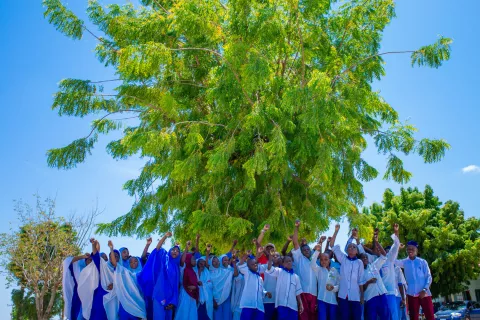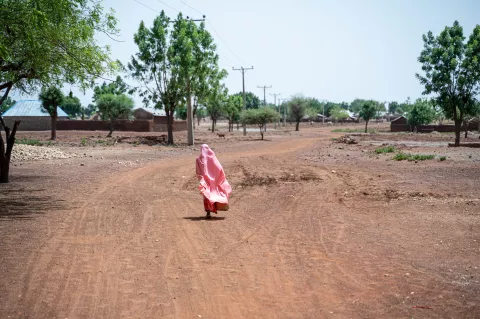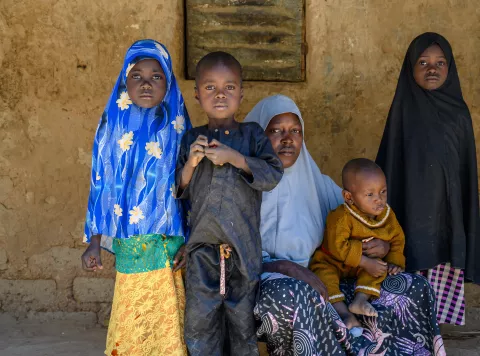Mitigating the effects of climate change on water access and quality in Nigeria
Children are the least responsible for the changing environment but they are likely to bear the greatest burden

Climate change is a direct threat to children’s health and well-being.
In many communities in Nigeria, severe flooding and drought are already putting stress on the ecosystem – affecting where people can live safely, have access to safe water and grow food.
And while children are the least responsible for the changing environment, they are likely to bear the greatest burden.
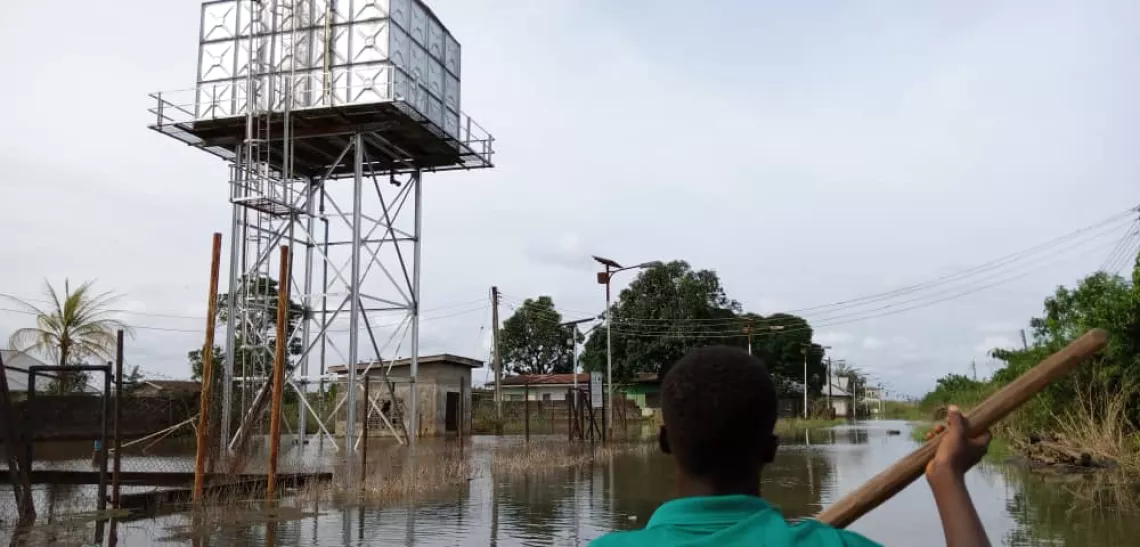
In Ekpo Igbide community in Delta State, the recent unusually heavy rainfall is forcing families to migrate due to flooding. The community, with about 5000 residents, is located in the tropical rainforest area of the Niger Delta. The main economic activity in Ekpo Igbide is food crop farming, with the women forming a large proportion of the farming population. However, flooding seriously affects food crop production, causing people to leave their homes and farms behind for temporary camps. The severe flooding also negatively affects water quality, including contamination of ground water from overflowing sewage and poorly constructed latrines that get flooded.
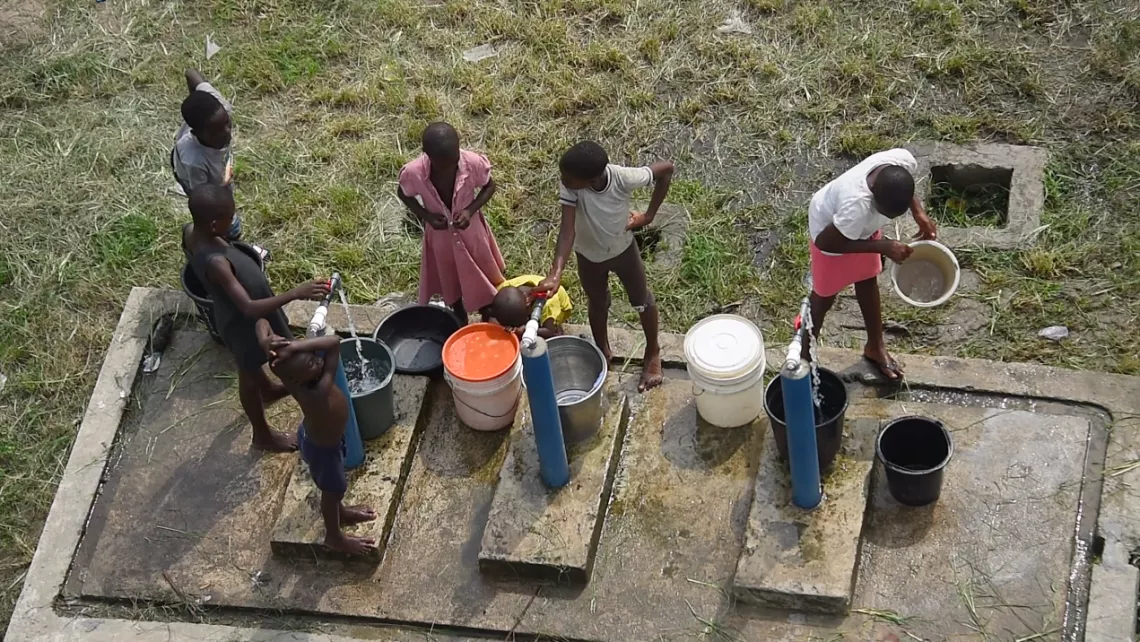
To ensure that children and families in the Niger Delta continue to access safe water, the Niger Delta Support Programme (NDSP) is implementing innovative solutions to climate change, supported by UNICEF Nigeria, with funds from the European Union.
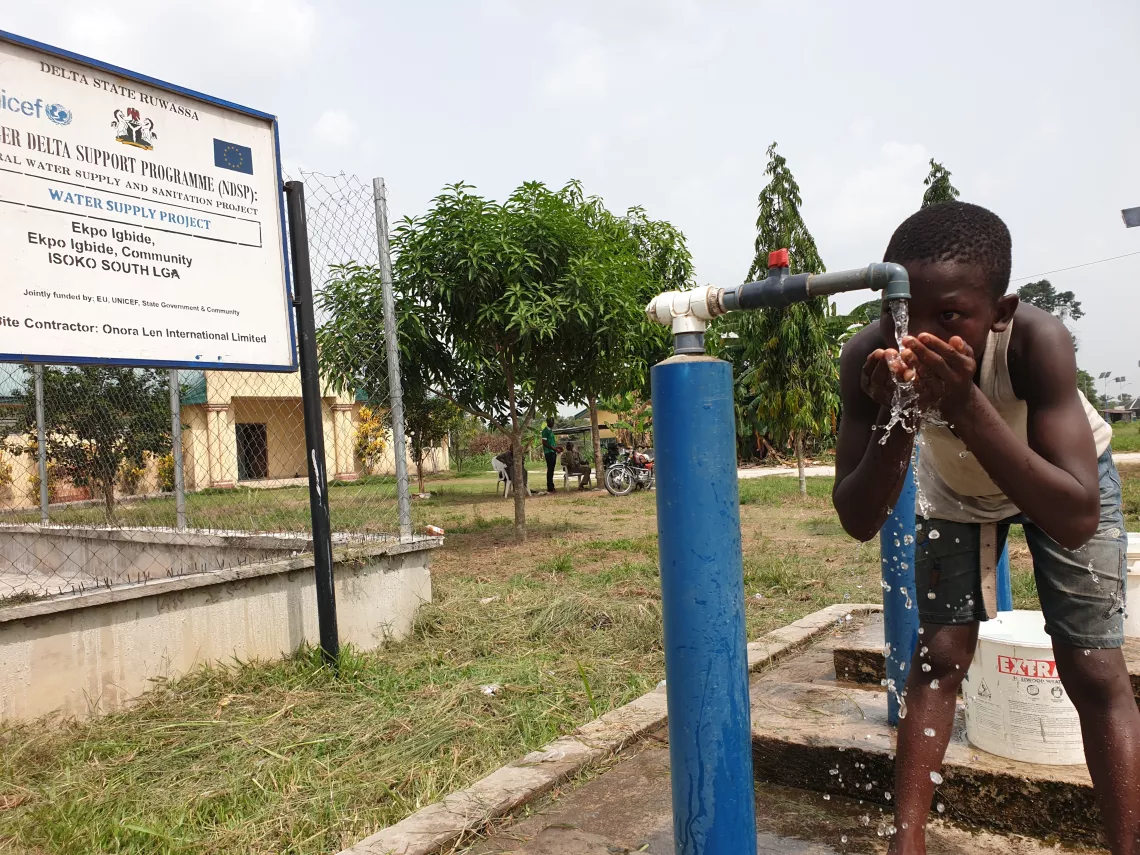
In Ekpo Igbide community, motorized boreholes powered by solar energy provide access to safe water all year round. The use of renewable energy like solar power also reduces carbon emissions that negatively impact the climate.
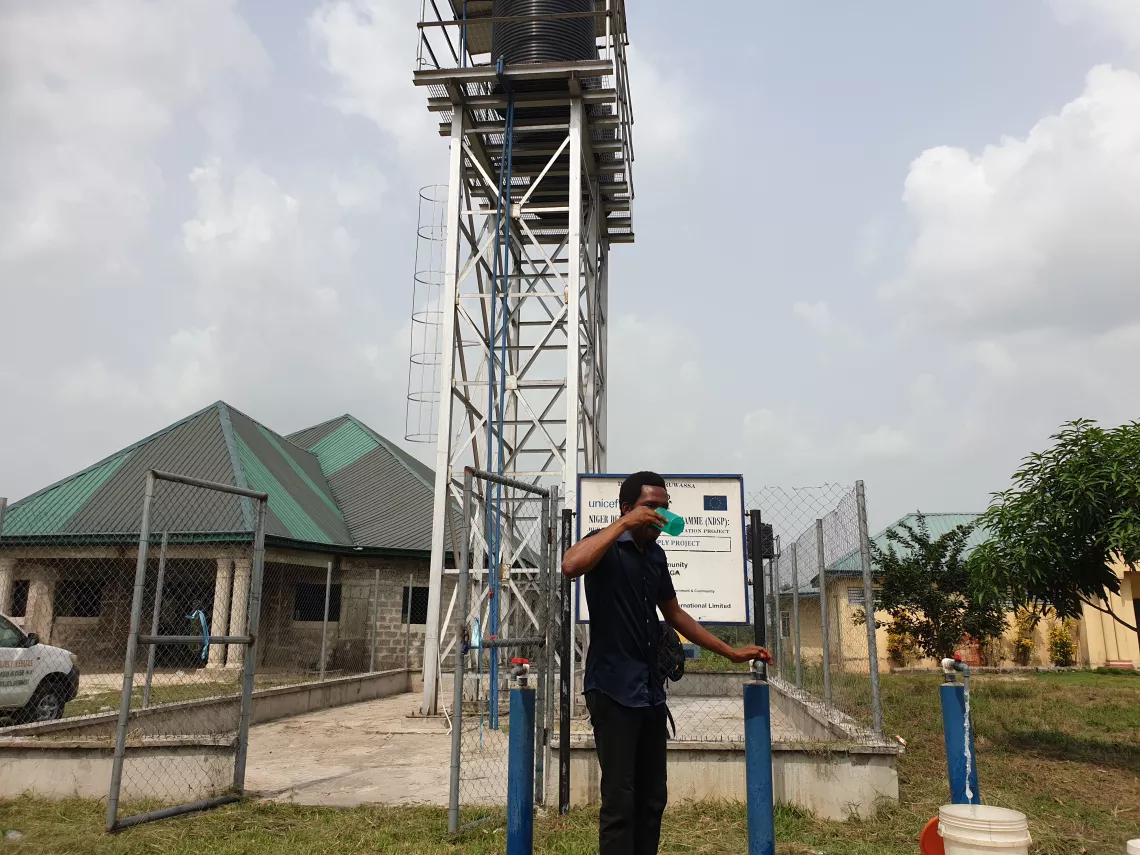

In communities that experience perennial flooding, elevated water fetching points are used to prevent the contamination of water and eliminate stagnant water around the taps.
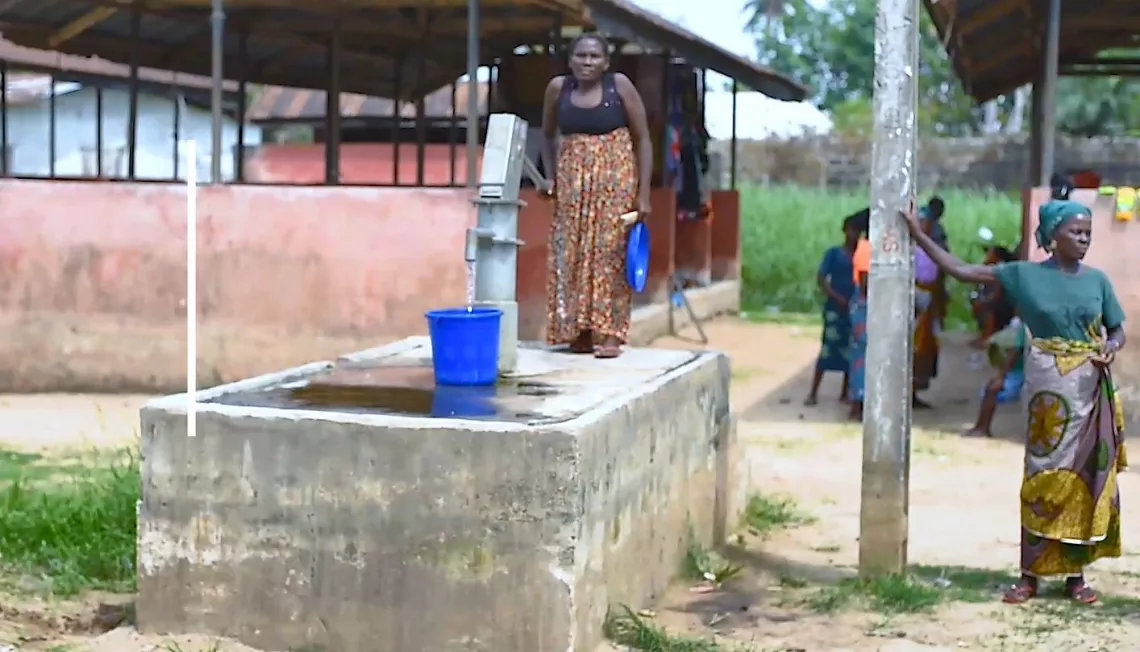
At the Isoko South Local Government, which includes the Ekpo Igbide community, the environmental health unit, with support from UNICEF and partners, helps communities to put in place resilience plans that mitigate against hazards such as flooding.
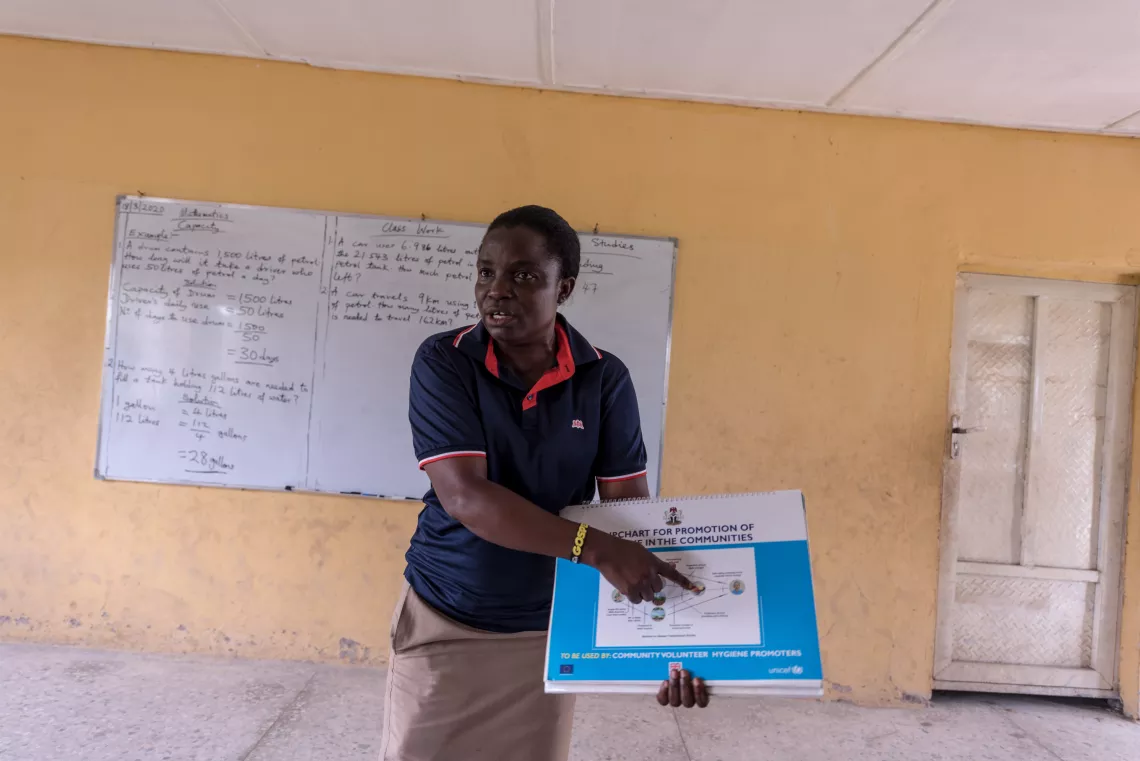
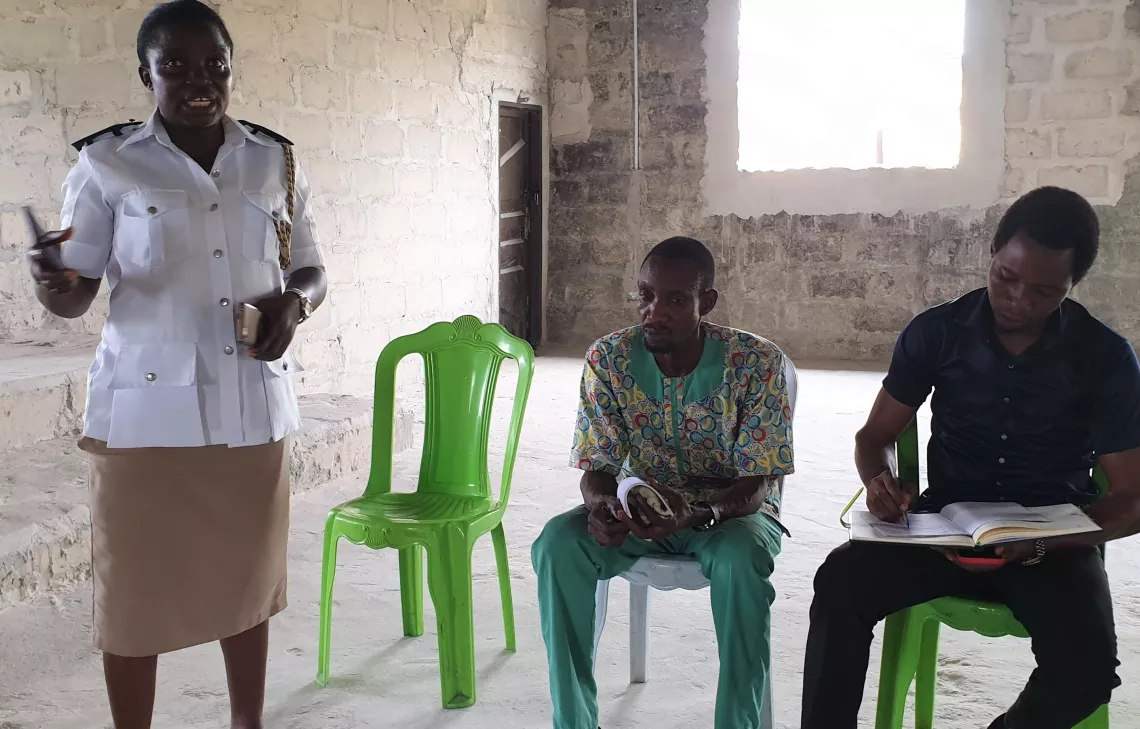
The environmental health officers promote good hygiene practices and supervise water safety planning, including sanitary surveillance of water points. They also record data on floods and risk management.
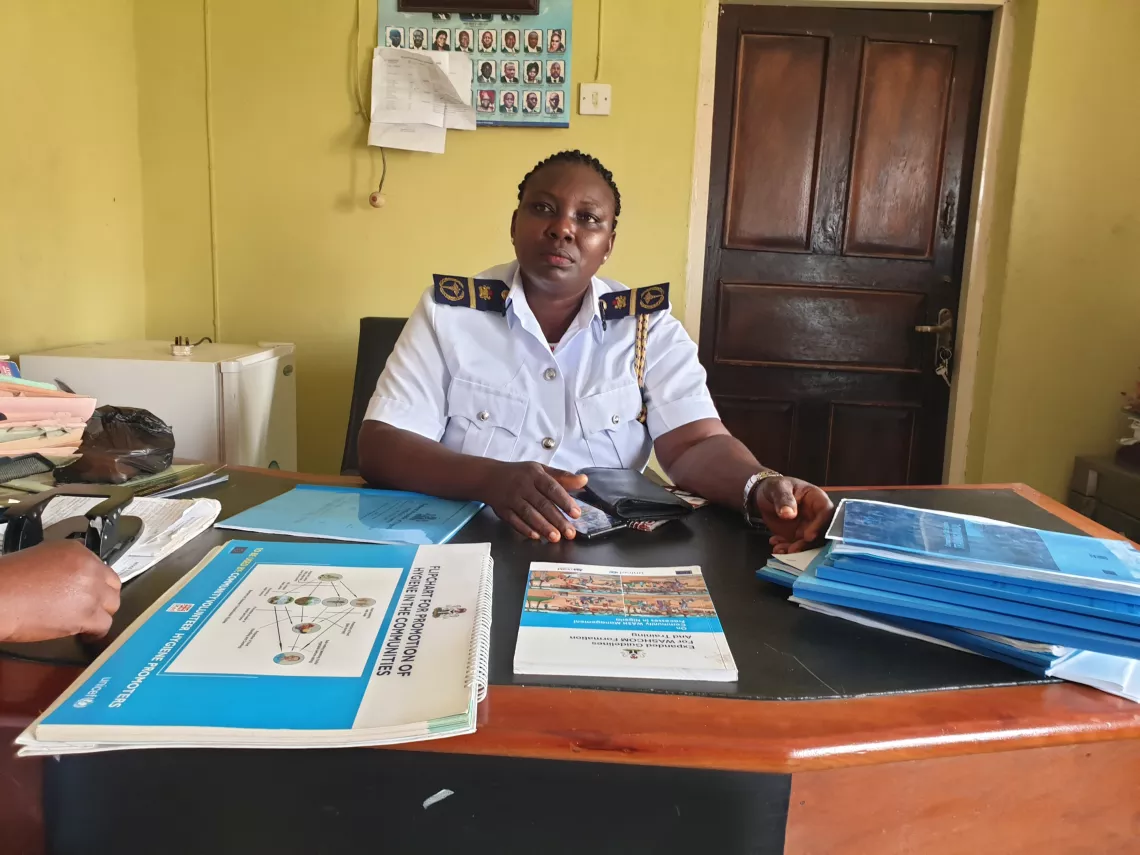
Addressing the challenges of environmental sustainability is a challenge in areas such as the Niger Delta – but it is critical if we want to protect the world’s most vulnerable children. UNICEF, with support from its partners, will continue to work with actors at the national and local levels to ensure that children and their families have access to safe water.

